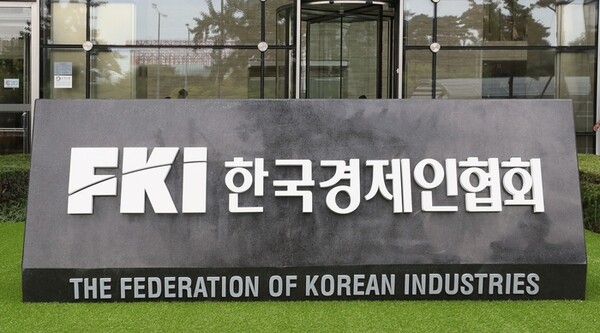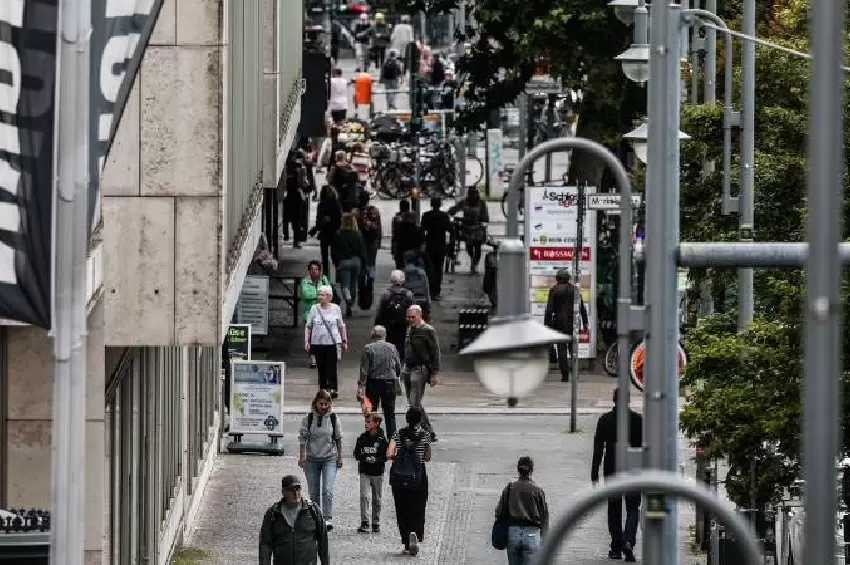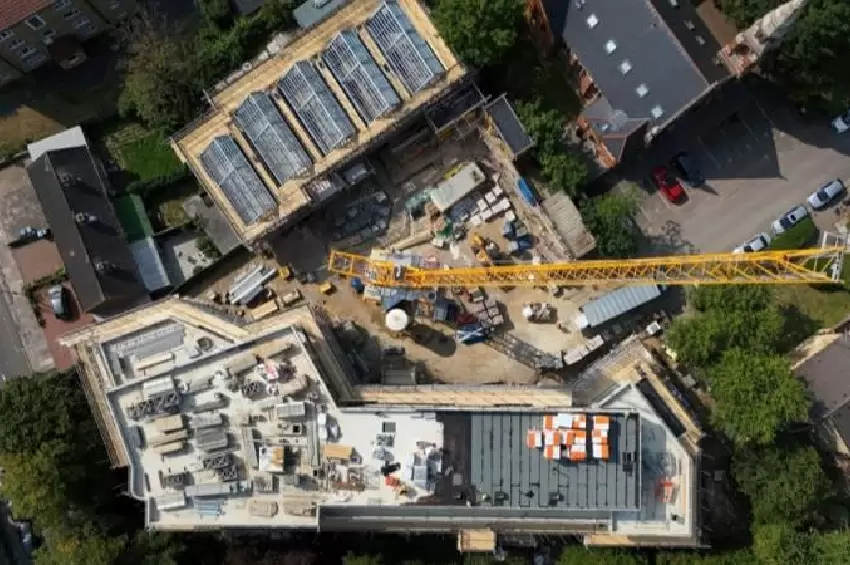Urgent Call for Tax Reforms in South Korea
In a bold move to counteract the economic downturn and bolster industrial competitiveness, South Korea's Federation of Korean Industries (FKI) has laid out seven critical tax reform tasks. Amidst a political stalemate that's exacerbating the national economic strain, the FKI emphasizes the immediate need for legislative action to support the struggling economy.

Supporting Small Businesses and High-Tech Industries
Among the proposed reforms, the FKI suggests amending the Special Tax Treatment Control Law to increase credit card deduction rates for traditional markets, aiming to provide a lifeline to small businesses hit hard by the economic slump. Additionally, the FKI advocates for enhanced tax credits for semiconductor investments and an extension of the sunset deadline, signaling a strong push towards nurturing high-tech industries.
Legislative Delays and Economic Uncertainty
Despite bipartisan agreement on several fronts, critical bills remain in limbo, including the extension of temporary investment tax credits for SMEs and restructuring support for construction companies. The delay in passing these measures, along with others like customs exemptions for aircraft parts and VAT amendments to curb tax evasion by overseas platforms, is causing significant uncertainty for businesses and the self-employed.
Call to Action
Lee Sang-ho of the FKI has voiced the urgent need for the National Assembly to expedite the passage of these bills before the Lunar New Year holiday. The timely implementation of these reforms is crucial for stabilizing the economy, supporting businesses, and ensuring a swift recovery.









Comments